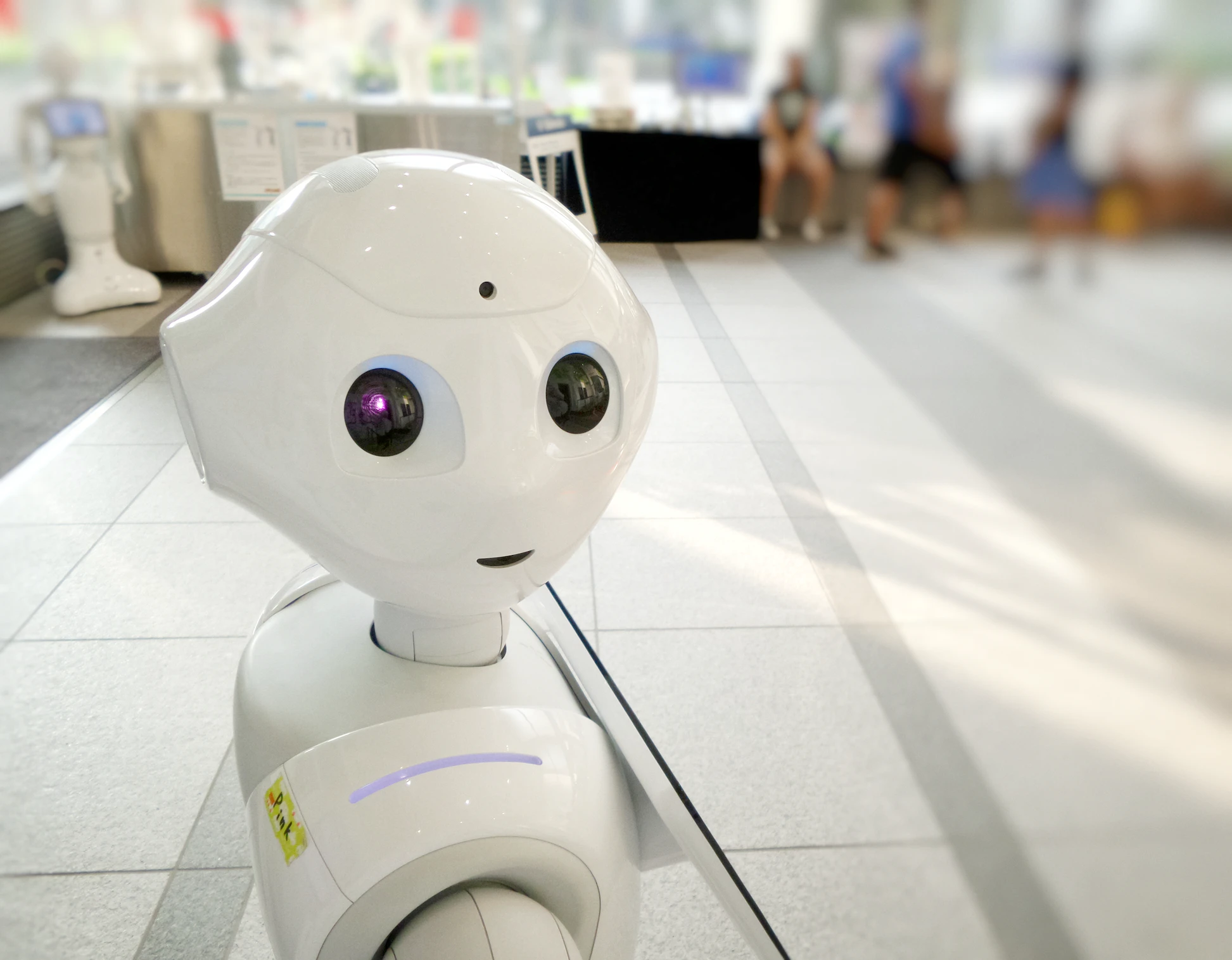Demystifying AI for Business Growth
Introduction
In our rapidly evolving digital era, Artificial Intelligence (AI) stands out as a beacon of transformative power. For many business owners, AI conjures images of complex algorithms and futuristic scenarios. However, in reality, AI is a practical, accessible technology that is reshaping the landscape of business operations and strategies. This post aims to demystify AI, revealing how it can be a potent tool for business growth and innovation.
What Exactly is AI?
AI, in its simplest form, is a field of computer science that aims to enable machines to emulate human intelligence. This doesn't imply a sci-fi scenario of robots ruling the world. Rather, it's about machines capable of understanding natural language, recognizing patterns, making informed decisions, and learning from experiences. AI is the science behind machines doing tasks that, traditionally, only humans could perform.
The Business Impact of AI
AI's influence spans across all business sectors, from small startups to multinational corporations. Its applications are diverse: automating mundane tasks, providing deeper customer insights, optimizing logistics, enhancing customer service, and much more. By harnessing AI, businesses can increase efficiency, reduce costs, and gain a competitive edge.
The Revolution of Generative AI
Generative AI is one of the most exciting advancements in the AI space. Unlike traditional AI, which focuses on analysis and prediction, generative AI is about creation. It can generate new content, design products, and even create innovative solutions to complex problems. This aspect of AI has the potential to revolutionize marketing, product development, and creative processes.
AI in Everyday Business Scenarios
Customer Service: AI-powered chatbots and virtual assistants can handle customer queries efficiently, providing quick and accurate responses.
Market Analysis: AI algorithms can analyze market trends and consumer behavior, offering valuable insights for strategic planning.
Supply Chain Management: AI can optimize logistics, predict supply needs, and minimize waste.
Navigating the Challenges of AI
While AI offers immense benefits, it also comes with challenges. There are concerns around data privacy, ethical use of AI, and the potential for job displacement. Businesses must navigate these challenges responsibly, ensuring that their AI initiatives are ethical, transparent, and inclusive.
Preparing Your Business for AI Integration
To effectively leverage AI, businesses need to understand its capabilities and limitations. It starts with identifying areas where AI can add the most value. Training staff, investing in the right technology, and staying abreast of AI advancements are crucial steps.
The Future of AI in Business
AI is not a static field; it's continuously evolving. Emerging trends like AI in decision-making, advanced predictive analytics, and AI in cybersecurity are shaping the future business landscape. Businesses that adapt and embrace AI are poised for success in the digital age.
Conclusion
AI, particularly generative AI, is a transformative tool for businesses. By understanding and integrating AI into business strategies, companies can unlock new levels of efficiency, innovation, and growth. The journey into AI doesn’t have to be complicated; it's an exciting path to propelling your business into a future brimming with possibilities.



